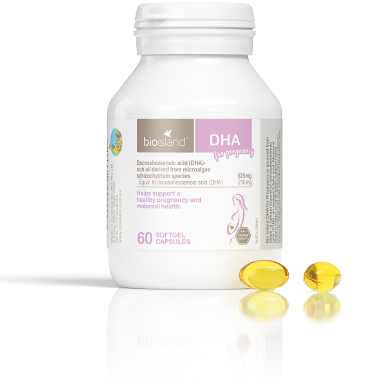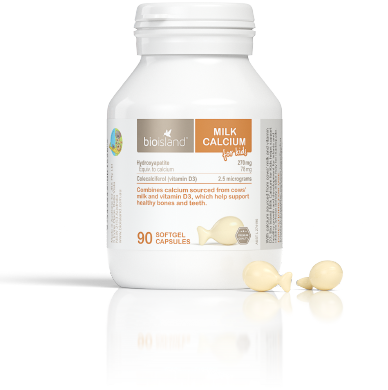
Heart health during pregnancy
During pregnancy there is increased blood volume, and the heart must circulate blood for two people instead of one.
By Bio Island Nutrition Team
Throughout pregnancy, a woman’s body goes through lots of growth and changes which makes the heart work harder especially during labour as this causes abrupt changes to blood flow and pressure. During pregnancy there is increased blood volume, and the heart must circulate blood for two people instead of one. It is important that if you have a pre-existing heart condition that you discuss this with your doctor and healthcare team before trying to conceive to ensure that this continues to be managed correctly and you understand any risks pregnancy could have on your heart health.
During pregnancy, some complications affecting the heart may arise in a small number of women. These complications can include pre-eclampsia and gestational diabetes. Whilst in most women the symptoms experienced with these conditions will subside after the baby’s birth there can be long terms effects on a woman’s health post pregnancy.
Unique to pregnancy, preeclampsia is characterised by high blood pressure, protein in the urine and fluid retention. Onset is usually around the 20th week of pregnancy. Eclampsia is diagnosed if seizures occur that cannot be linked to any other causes. Long term, women with a history of preeclampsia have a much higher risk of heart disease or stroke later in life. The Heart Foundation recommends that those who have experienced pre-eclampsia during pregnancy regularly get their blood pressure and heart health checked.
Gestational diabetes occurs when a pregnant woman develops high blood sugar levels and other diabetic symptoms that were not present before pregnancy and is a major risk factor for heart disease later in life. In Australia, pregnant women have a glucose tolerance test between weeks 24-28 to check for gestational diabetes.
Staying active and healthy before and during pregnancy is important. Going into pregnancy with a strong heart will reduce the risk of complications throughout pregnancy. This is where preconception health is important. Focus on maintaining a healthy weight through an active lifestyle that is nourished with a balanced wholefood diet. It is also recommended to quit smoking and minimise both alcohol and caffeine intake. The healthier you are before you become pregnant the more likely you are to have a healthy pregnancy.
Pregnancy requires very specialised advice and can differ greatly from person to person it is therefore very important to speak with your doctor and health care team for further information and advice.
This information does not take into account your personal situation and is general in nature. You should consider whether the information is appropriate for your needs and seek professional medical advice.
Always consult your healthcare professional before taking any supplements or if any concerns arise.




